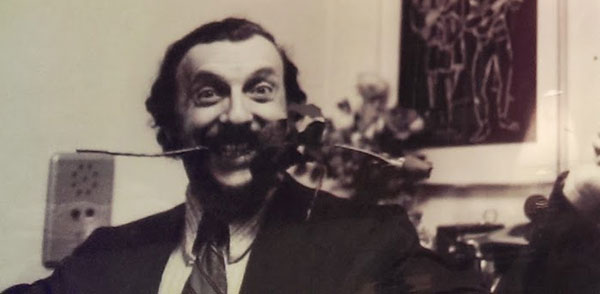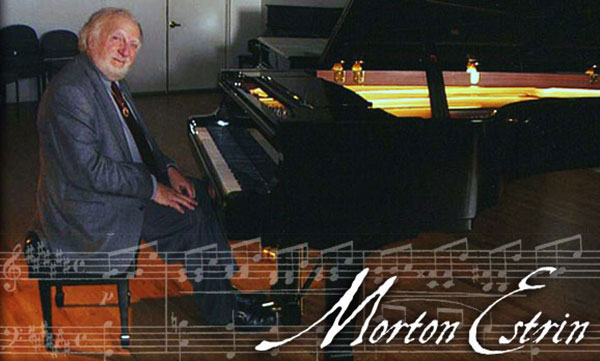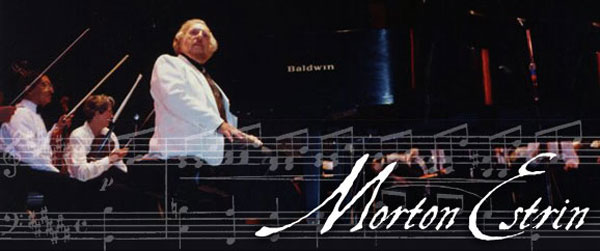This is an incredibly common question for many parents who are starting their children with piano lessons. After all, a keyboard has the same number of notes as a piano (as long as it has 88 keys); how different can it really be?
Before we get into the finer details of the differences between keyboards and pianos let’s first examine the cost – which is the driving factor for most parents. Like pianos, there is a large selection of keyboards available. They range from a few hundred dollars well upwards of $15,000 for some very advanced models. If you plan on getting a decent keyboard you could be looking at thousands of dollars.
Most piano teachers will agree that the bare minimum for a beginning student is an 88 key weighted action digital piano. In case you might not have heard the term weighted action before, this refers to a keyboard or digital piano that has weighted keys – which replicate the weight of keys on an actual piano. If you’ve played a regular keyboard you might notice that the keys are incredibly easy to push. If you’ve played a piano you know that the keys take some force in order to generate a good sound. So if a digital piano (keyboard) can replicate this, will this be enough? Not really. An actual piano action has hundreds of moving parts on each key and while a weighted action keyboard has weighted keys, it’s impossible to replicate the feel of an actual piano.
The keys on a keyboard are also very short. On a piano, the keys extend far behind the fallboard. On a keyboard, this is impossible to replicate. If you play on a keyboard it’s like pushing down on a see-saw close to the center when playing black keys and between black keys. On a grand piano, the force necessary to push down the keys is more equal from the front to the back of the keys.
The action on an upright piano is an improvement over a weighted action digital piano or a keyboard but it still isn’t as good as a grand piano action. Here is another video where I explain the differences between uprights and grand pianos. Eventually, every pianist who continues to play will outgrow the action of an upright piano and must eventually practice on a grand or baby grand piano because an upright action isn’t fast enough to keep up.
One of the biggest reasons parents decide to buy a keyboard in lieu of a piano is that they are worried that their children won’t continue to play. There is truth in the idea that the interests of children change rapidly – but starting them off on an inferior instrument is really only a recipe for failure. Investing in a suitable instrument will not only reinforce the interests of the player, it will actually help them develop much more quickly. Having an actual piano to play on will do wonders for the development of any musician.
So is it OK to start with a keyboard? Sure, it’s far better than nothing. But if you plan on actually playing the piano, prepare to make an investment at some point in the future and get yourself an actual grand or upright piano.
Thanks again for joining me Robert Estrin Robert@LivingPianos.com (949) 244-3729






